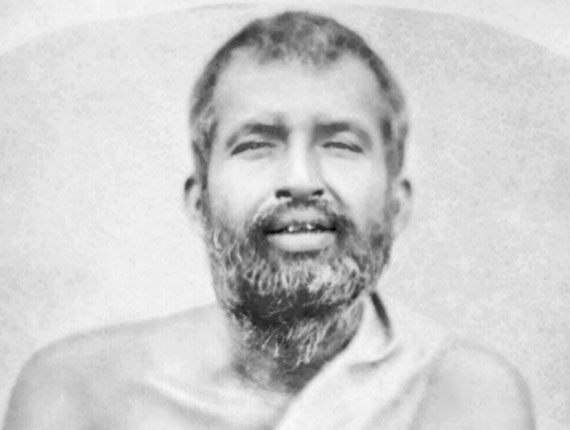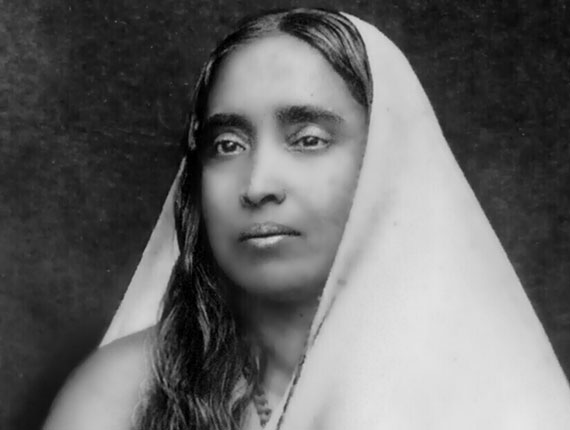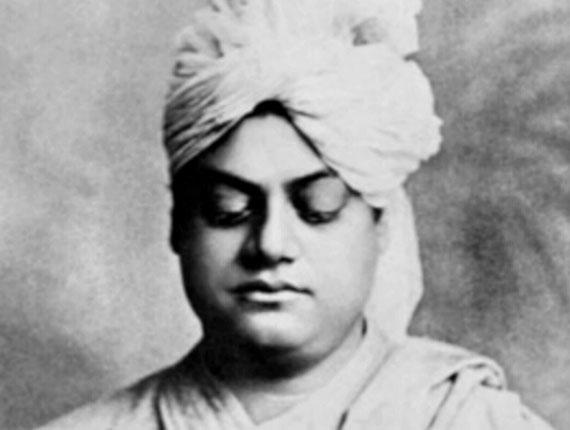Narendra Nath Datta, as Swami Vivekananda was known in his premonastic days, was born on 12 January 1863 in a well-to-do family in Kolkata. His parents were Vishwanath Datta, an attorney, and Bhuvaneshawri Devi. In his boyhood Naren was endowed with strong physique, brilliant intellect and mystic temperament. After graduating in mathematics, history and philosophy, he studied law. At the age of 18 while studying in the college he met Sri Ramakrishna.Under the loving guidance oh his Master, he blossomed into a spiritual luminary. After Sri Ramakrishna’s passing away, fourteen of the Master’s young disciples (two more joined later),under the leadership of Swami Vivekananda, formed a monastic brotherhood known as the Ramakrishna Math(Order).
![SwamijiHouse[1]](https://rkmvadodara.org/wp-content/uploads/2020/01/SwamijiHouse1.gif)
Renovated Ancestral House of Swami Vivekananda
After staying in this monastery for two years,Swami Vivekananda spent a few years traveling all over India as a mendicant monk. During these travels he was deeply moved to see the appalling poverty and backwardness of the millions of poor people in India. However, he also saw that, in spite of poverty, the people still clung to religion, and the ancient spiritual culture was a living force in their lives.At a time when social reforms were busy with widow remarriage and abolition of idol worship,Vivekananda perceived that the real cause of India’s backwardness was the neglect & exploitation of masses that produced the wealth of the land.In order to improve their economic condition it was necessary to teach them improved methods of agriculture, village industries and hygienic way of life. But owing to centuries of exploitation and social tyranny, the poor people, especially those who belonged to the lower castes, had lost their sense of worth, hope and initiative.
The people therefore needed a message of strength that would infuse faith in themselves. Vivekananda found this message in Vedanta. Thus Swamiji saw that in order to uplift the masses it was necessary to spread both secular and spiritual education among them.And for this what was needed most was an organization, ‘a machinery which will bring noblest ideas to the doorstep of even the poorest and the meanest. During his travels in India Swami Vivekananda heard about the plans to hold a World Parliament of Religions in Chicago. He felt that the Parliament would provide the right forum to present his Master’s message to the world, and so he decided to go to America.
Another reason which prompted Swami Vivekananda to go to America was to seek financial help for his project of uplifting the masses. His speeches at the World Parliament of Religions held in Chicago in September 1893 made him world famous. In the West Swamiji found the people there had solved their socio-economic problems to a great extent and were seeking the ultimate truth and the ultimate meaning of life. Swamiji believed that Vedanta would fulfill their higher needs. Further, Swamiji had developed the insight that Sri Ramakrishna was the embodiment of eternal truths of Vedanta, that the Master’s life was the fulfillment of all the promises of the supreme Vedantic vision of Reality and, as Romain Rolland expressed it some years later, Sri Ramakrishna ‘was the consummation of two thousand years of the spiritual life of three hundred million people.’ Therefore, the best way to make the true and full significance of Sri Ramakrishna’s life understood in the modern world was to expound Vedanta in the modern idiom in the light of Sri Ramakrishna’s life and experiences.
After spreading Vedanta in the West for nearly three and a half years, Swami Vivekananda returned to India in January 1897.
Swami Vivekanandana Sayings
- “I am persuaded that a leader is not made in one life. He has to be born for it. For the difficulty is not in organization and making plans; the test, the real test, of the leader, lies in holding widely different people together along the line of their common sympathies. And this can only be done unconsciously, never by trying.”
- In explanation of Plato’s doctrine of Ideas, Swamiji said, “And so you see, all this is but a feeble manifestation of the great ideas, which alone, are real and perfect. Somewhere is an ideal for you, and here is an attempt to manifest it! The attempt falls short still in many ways. Still, go on! You will interpret the ideal some day.”
- “Will is not strengthened by change. It is weakened and enslaved by it. But we must be always absorbing. Will grows stronger by absorption. And consciously or unconsciously, will is the one thing in the world that we admire. Suttee is great in the eyes of the whole world, because of the will that it manifests.
- “It is selfishness that we must seek to eliminate. I find that whenever I have made a mistake in my life, it has always been because self entered into the calculation. Where self has not been involved, my judgment has gone straight to the mark.
- “Yes, my own life is guided by the enthusiasm of a certain great personality, but what of that? Inspiration was never filtered out to the world through one man!
- “Lay down the rules for your group and formulate your ideas,” the Swami said, dealing with the monastic ideal for women, “and put in a little universalism, if there is room for it. But remember that not more than half a dozen people in the whole world are ever at any time ready for this! There must be room for sects, as well as for rising above sects. You will have to manufacture your own tools. Frame laws, but frame them in such a fashion that when people are ready to do without them, they can burst them asunder. Our originality lies in combining perfect freedom with perfect authority. This can be done even in monasticism.”
- “Let us never, never, forget our ideal!”
- “Have you never thought of the hearts of the heroes? How they were great, great, great — and soft as butter?”
- “If a bad time comes, what of that? The pendulum must swing back to the other side. But that is no better. The thing to do is to stop it.”
- “It is a mistake to hold that with all men pleasure is the motive. Quite as many are born to seek after pain. Let us worship the Terror for Its own sake.”
- “You can’t make friends here without knowing their customs, behavior, politics. You have to know the manners of the rich, the cultured and the poor.”
- “Men should be taught to be practical, physically strong. A dozen such lions will conquer the world, not millions of sheep. Men should not be taught to imitate a personal ideal, however great.”
- “And if all this Maya is so beautiful, think of the wondrous beauty of the Reality behind it!”
- “When once you consider an action, do not let anything dissuade you. Consult your heart, not others, and then follow its dictates.”
- “We do not progress from error to truth, but from truth to truth. Thus we must see that none can be blamed for what they are doing, because they are, at this time, doing the best they can. If a child has an open razor, don’t try to take it from him, but give him a red apple or a brilliant toy, and he will drop the razor. But he who puts his hand in the fire will be burned; we learn only from experience.”
- “In India we never say that you should renounce a higher thing for a lower. It is better to be absorbed in music or in literature than in comfort or pleasure, and we never say otherwise.”
- “Do not copy me. Kick out the man who imitates.”
- “More and more the true greatness seems to me that of the worm doing its duty silently, steadily, from moment to moment and from hour to hour.”










